Oil price posts two-year highs - but how long can it last?
Brent rose above $59 a barrel this week, its best third-quarter showing since 2004

A free daily email with the biggest news stories of the day – and the best features from TheWeek.com
You are now subscribed
Your newsletter sign-up was successful
Oil price rises after Hurricane Hermine hits production
08 September
The price of oil rose this morning as the effects of last week's Hurricane Hermine made themselves felt.
At 9.20am UK time, Brent crude in London was up 80 cents on its previous close at $48.78 a barrel, while West Texas Intermediate (WTI) was up 90 cents at $46.40 in the US.
The Week
Escape your echo chamber. Get the facts behind the news, plus analysis from multiple perspectives.

Sign up for The Week's Free Newsletters
From our morning news briefing to a weekly Good News Newsletter, get the best of The Week delivered directly to your inbox.
From our morning news briefing to a weekly Good News Newsletter, get the best of The Week delivered directly to your inbox.
The tropical storm, which hit the Gulf of Mexico last week before moving to America's east coast, forced oil companies to suspend production. With less oil on the market, the price has risen.
Yesterday the American Petroleum Institute said that the stocks of crude held in the US had fallen by 12.1 million barrels last week. Before the storm struck, they were expected to increase by 200,000 barrels or so.
The price of oil has plummeted over the past two years, thanks to a massive global oversupply of the commodity. From a 2014 high of $112 per barrel, the commodity fell to a February low of $30.
The last few months have seen a sustained recovery, fostered at first by reductions in production forced by wildfires in Canada. Prices are now hovering around the $45 to $50 per barrel mark.
A free daily email with the biggest news stories of the day – and the best features from TheWeek.com
Reuters says oil was also boosted today by "robust" trade data from China, suggesting the country's huge economy is still thirsty for the commodity, even if its pace of growth has slackened.
According to MarketWatch, China imported more oil in August than it has since December – and seven per cent more than it did in August last year. Last month, China imported 7.8 million barrels a day.
However, gains this week will be undone, according to many analysts. Carsten Fritsch of Commerzbank told Reuters: "We are at the top end of the recent price range at the moment and will move toward the lower end."
Oil price rises as dollar weakens but doubts over cap remain
7 September
The price of oil rose this morning, responding to a weakening US dollar – but gains were limited by continuing doubts over whether the major producers will agree to curb their production any time soon.
At 10am UK time, Brent crude was up 49 cents on its previous close at $47.75 while in the US, West Texas Intermediate (WTI) had risen 46 cents to $45.29 per barrel.
Reuters ascribes this morning's slight gain to a weakened dollar. Oil is traded in the US dollar, so when it falls against other currencies, the commodity becomes a more attractive investment for foreign buyers, pushing up the price.
But the news agency says the gains are limited because there is continued doubt that the world's major producers will be able to agree to limit the amount of oil they produce in the near future.
Russian President Vladimir Putin boosted the market late last week by saying he hoped an agreement to cap production could be reached. But after his meeting with Saudi Arabia on Sunday failed to produce any concrete results the price fell again.
A global oversupply of oil has bedevilled the market for the past two years, bringing prices down from a 2014 high of $112 per barrel to a sub-$30 per barrel nadir in February of this year.
The market has rallied since then, with prices now hovering around the $45 to $50 mark. Investors are pinning their hopes on an informal meeting of Opec nations and other oil exporters in Algeria later this month.
But Gunvor, one of the world's biggest commodity-trading groups, does not expect an agreement to be reached in Algeria. Both Saudi Arabia and Russia have now expressed doubt that a cap on production is needed.
David Fyfe of Gunvor told Bloomberg: "There won't be an agreement but it does no harm to keep talking about this because that itself is price supportive.
"Of course, there's a risk of crying wolf. But at some stage it's the law of diminishing returns when you keep talking about a production agreement and [don't] actually reach one."
Oil price flat after hopes of freeze dashed
6 September
After a volatile Monday, oil prices showed little movement in early trading today dashing hopes of a production freeze.
At 10.19am UK time, Brent crude in London was down 0.63 per cent on its previous closing price, at $47.33, while West Texas Intermediate had risen 1.25 per cent to $45.02 in the US.
The remarks of Russian President Vladimir Putin on Friday, which suggested he would encourage major producers to agree a production freeze, gave oil its single biggest one-day rise for two weeks.
Over-production of the commodity has seen the price of oil plummet over the past two years, from its 2014 highs of $112 a barrel to a sub-$30 nadir in February this year. A steady recovery since then has left prices hovering around $45-$50.
But the confidence given to investors by the Russian president's intervention last week was quashed on Monday. Despite meeting at the G20 in China on Sunday, Saudi Arabia and Russia only exchanged vague hopes of a production cap – with no firm plan for an agreement.
Edward Bell, a commodity analyst for Emirates NBD bank, told the Wall Street Journal (WSJ) that the "lack of an agreement puts paid to any hopes that a production freeze is going to happen".
He added: "Everyone is just going to have to accept that oil is lodged in the $45-$50-a-barrel bracket until the fundamental factors underpinning the market start to level off. It's where we are right now."
Optimistic investors may have been disappointed that Putin and Saudi Arabia's deputy crown prince Mohammed bin Salman did not have anything concrete to offer on Monday morning, says the WSJ, but most experts were not.
The national interest of Iran, Libya and Nigeria – all of which are keen to step up production, not limit it – make a freeze unlikely, says the newspaper.
The Russia-Saudi Arabia announcement does at least suggest that both producers are willing to support a price floor for oil, says the WSJ, and this gives some grounds for optimism.
Oil steadies as Putin effect fizzles out
5 September
Oil futures steadied this morning, despite strong gains on Friday, after Russia and Saudi Arabia failed to produce concrete measures to limit production.
Russian President Vladimir Putin met Saudi Arabia's Deputy Crown Prince Mohammed bin Salman on Sunday at the G20 summit in China.
Putin's encouraging remarks last week on the need for producers to limit production gave oil its biggest one-day rise for two weeks. But he and bin Salman "stopped short of making concrete proposals to co-ordinate output" yesterday, says Bloomberg.
Instead, the two men merely promised to work together to ensure market stability. A glut in the global supply of oil has seen prices fall through the floor over the past two years although there has been some recovery since February.
Earlier this morning, prices fell by about one per cent, says Reuters, with a strong dollar depressing the market. Because oil is traded in dollars, it then becomes a less attractive commodity to investors. The dollar fell later this morning and as a result oil recovered.
The price rally in August has been driven by optimism about a meeting between the Opec nations, Russia and other producers. This is due to take place on the sidelines of the International Energy Forum in Algeria later this month.
The hope is that oil producers will agree to limit production after they failed to do so at a summit in April. An agreement could not be reached then because Iran refused to cap output in an attempt to get production back up to the levels they were at before the international community introduced sanctions.
Ric Spooner, an analyst at CMC Markets in Sydney, told Bloomberg: "At this stage, markets are probably just going to take the view that it needs to see some evidence, some tangible idea on what the agreement might actually amount to before responding to it.
"We will get a lot of statements about it but probably nothing really concrete until we get to the stage of the Algiers meeting."
Oil price steadies after Putin calls for production cap
2 September
Oil prices stabilised this morning after the intervention of Russian President Vladimir Putin who has helped alleviate what had been a grim picture for the week ahead.
In London, Brent crude rose 0.7 per cent to $45.76 this morning, while in the US, West Texas Intermediate (WTI) rose 0.6 per cent to $43.40.
The boost, after three days of falling prices, came after investors were encouraged by remarks Putin made this morning. He called on producers to agree to limit output when they gather at the International Energy Forum later this month.
Russia will be at the forum in Algeria and is expected to join the Opec nations on the sidelines for informal talks on capping production. An oversupply of the commodity has caused prices to plunge over the past two years.
A similar initiative failed in April, reports the Wall Street Journal, when regional rivals Saudi Arabia and Iran failed to see eye-to-eye. Iran's return to the oil market after sanctions were lifted earlier this year has increased world output.
Before Putin's intervention, MarketWatch warned that the commodity was facing its worst week since January and that September would be a difficult month as this is when refiners start their seasonal maintenance.
Hints from the US Federal Reserve that they might raise interest rates in the coming weeks have pushed the dollar higher. As oil is priced in dollars, a strong dollar puts off overseas buyers, causing prices to fall.
-
 Will increasing tensions with Iran boil over into war?
Will increasing tensions with Iran boil over into war?Today’s Big Question President Donald Trump has recently been threatening the country
-
 Corruption: The spy sheikh and the president
Corruption: The spy sheikh and the presidentFeature Trump is at the center of another scandal
-
 Putin’s shadow war
Putin’s shadow warFeature The Kremlin is waging a campaign of sabotage and subversion against Ukraine’s allies in the West
-
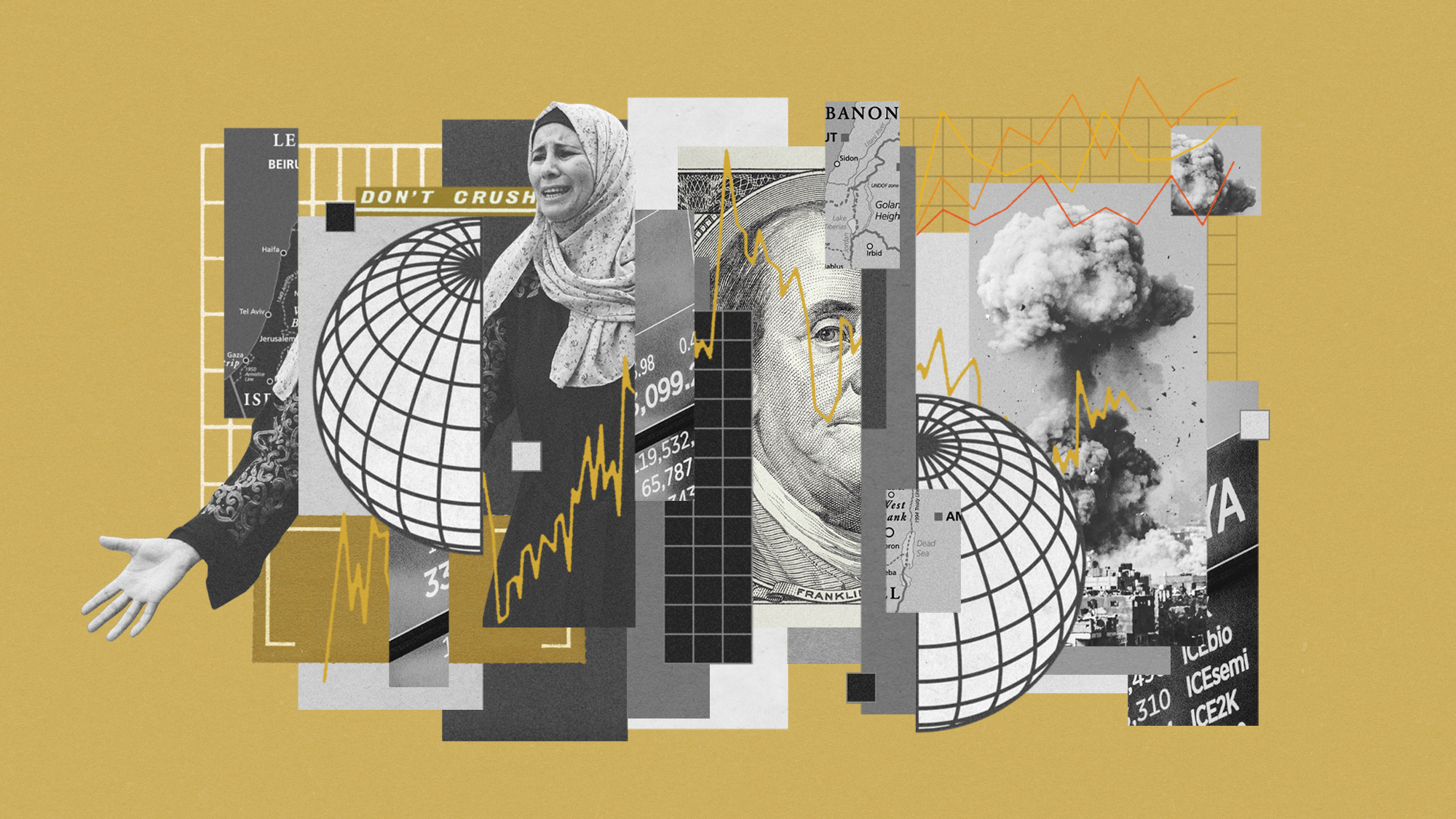 How might the Israel-Hamas war affect the global economy?
How might the Israel-Hamas war affect the global economy?Today's Big Question Regional escalation could send oil prices and inflation sky-high, sparking a worldwide recession
-
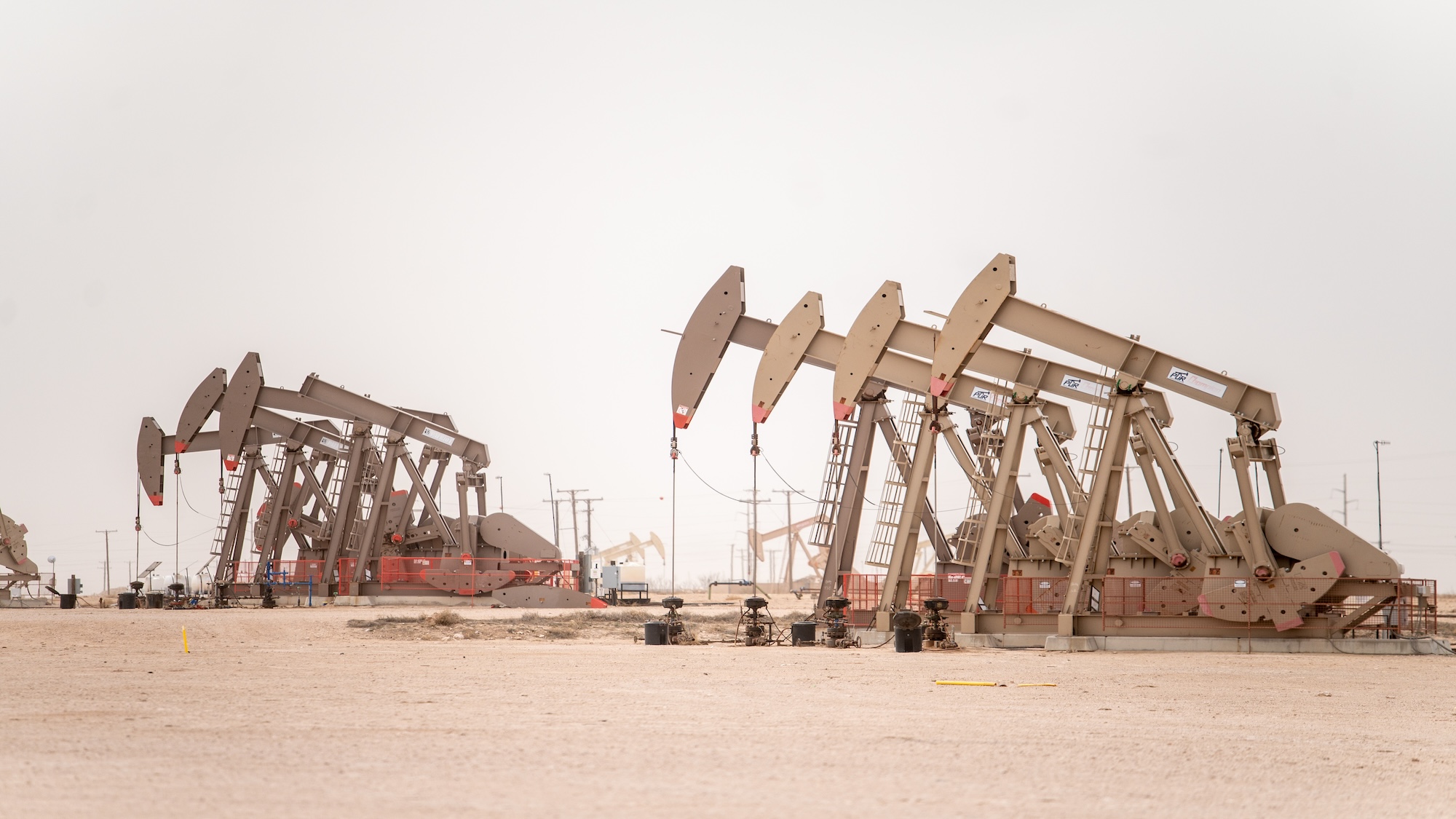 Recent mega-mergers could signal a turning point for the US oil industry
Recent mega-mergers could signal a turning point for the US oil industryTalking Point Both Chevron and Exxon have recently spent billions to acquire smaller oil companies
-
 Has Saudi Arabia lost control of oil prices?
Has Saudi Arabia lost control of oil prices?Today's Big Question Kingdom goes it alone to cut production, risking tension with US and reigniting cooling inflation in Europe
-
 US angered by Opec+ oil cut
US angered by Opec+ oil cutSpeed Read Energy prices to rise further as producers slash supply by two million barrels a day
-
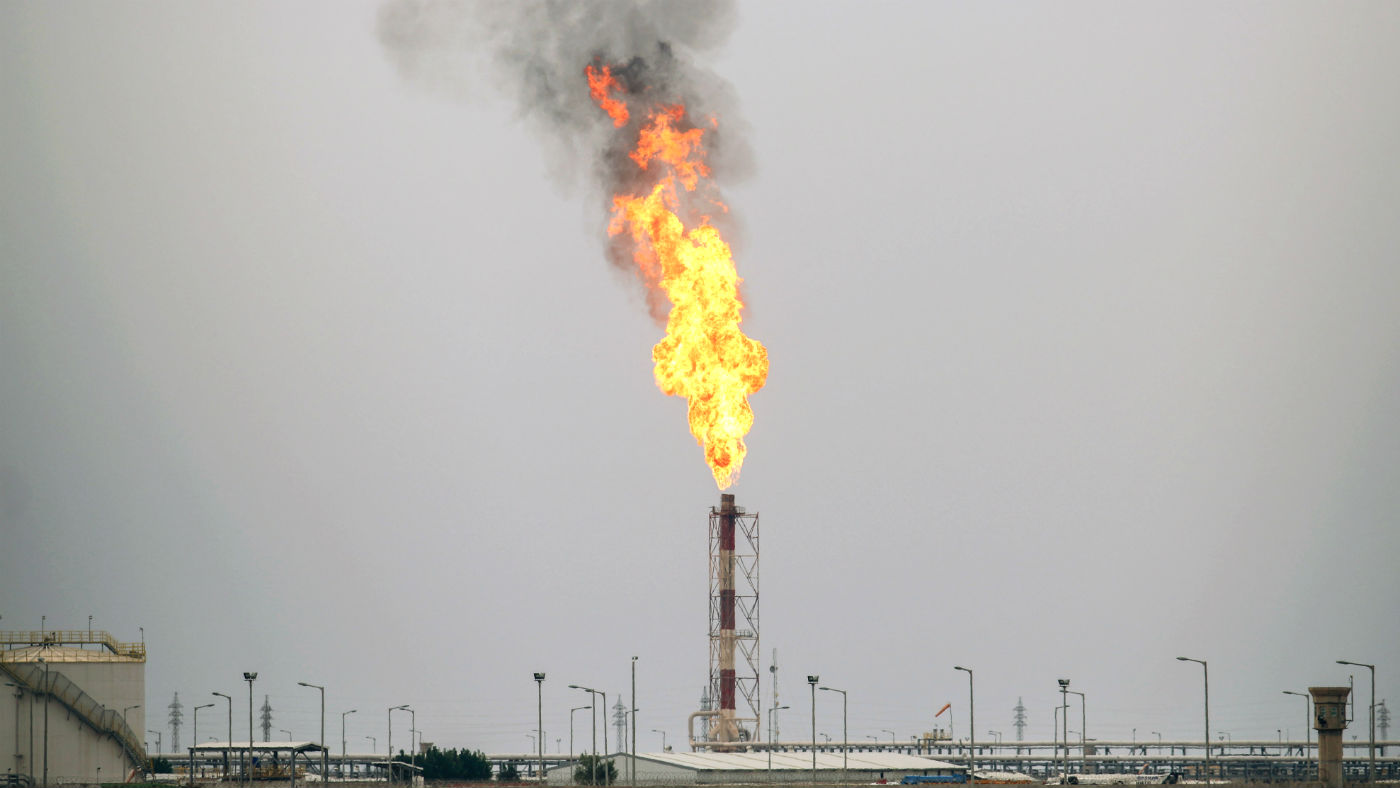 Global oil demand forecast lowered for 2020 and 2021
Global oil demand forecast lowered for 2020 and 2021Speed Read IEA report says jet fuel demand remains the major source of weakness
-
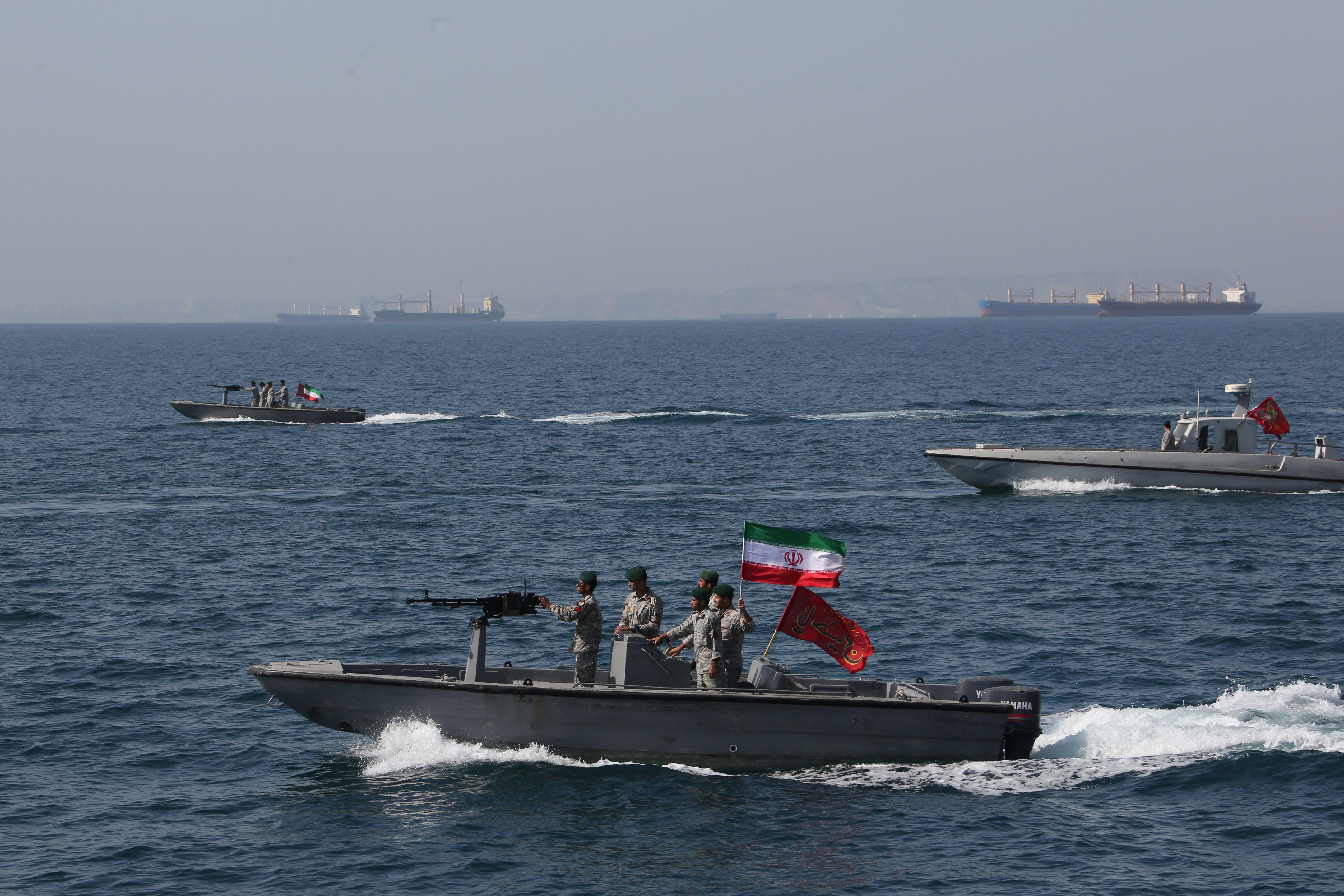 Are US-Iran tensions flaring again?
Are US-Iran tensions flaring again?In Depth Trump threatens military action over Twitter
-
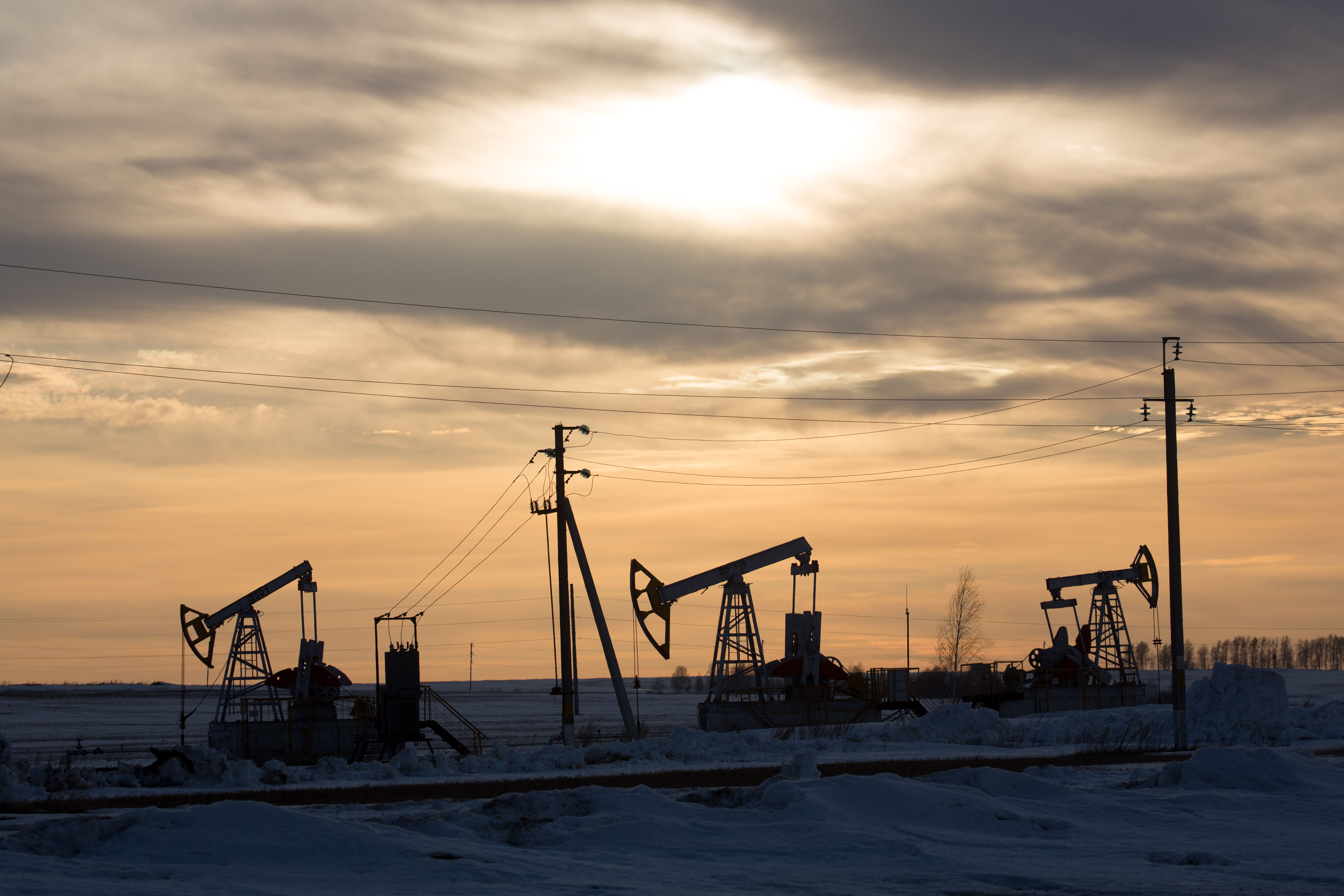 Can a deal be struck to raise oil prices?
Can a deal be struck to raise oil prices?In Depth Opec+ will convene today over video link in a bid to boost crude
-
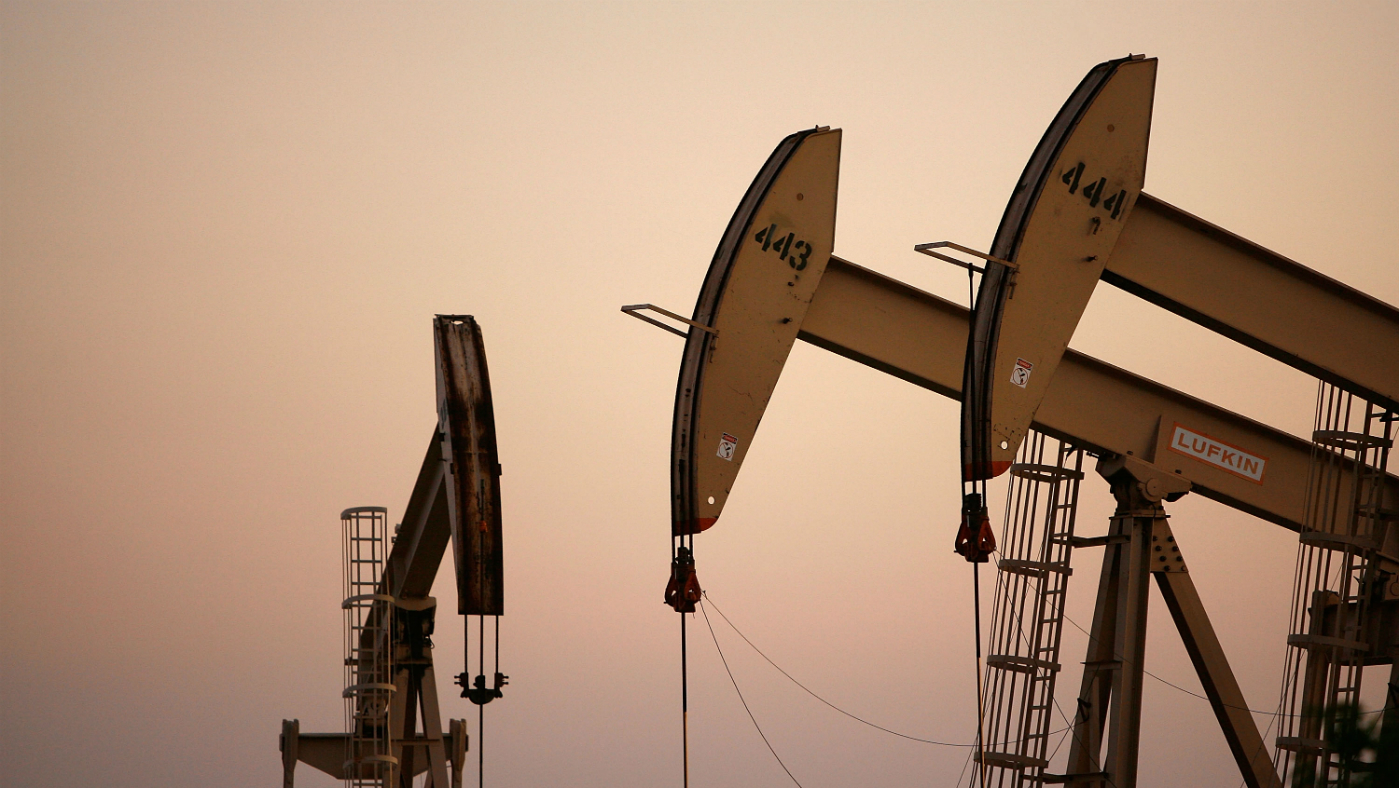 What do negative oil prices mean?
What do negative oil prices mean?In Depth Perfect storm of oversupply and storage shortages sees producers paying to get rid of US crude